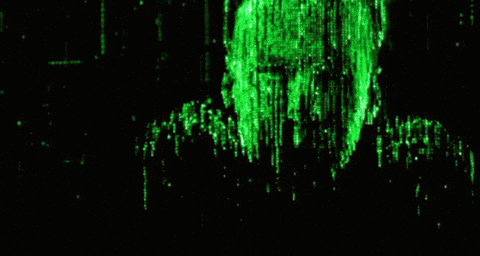In the world of science fiction, few films have had as profound an impact on society as The Matrix. Released in 1999, this groundbreaking film by the Wachowskis explores themes such as reality, identity, and freedom through a unique blend of action, philosophy, and technology. One aspect that has been widely discussed is its social implications.
The Matrix presents us with a dystopian future where humanity is unknowingly trapped in a simulated world created by sentient machines to keep them passive while their bodies are used as an energy source. This raises questions about the nature of our reality and how much control we have over it. It also highlights the potential consequences of relying too heavily on technology, leading us to question whether advancements like virtual reality could lead down a similar path.
Moreover, The Matrix challenges traditional notions of power dynamics by showcasing characters who defy societal norms and expectations. Neo, for instance, is an unsuspecting computer programmer who discovers he's actually the One prophesied to save humanity from enslavement. This narrative shift encourages viewers to rethink their own beliefs about what constitutes power and influence in society.
In conclusion, The Matrix offers a thought-provoking exploration of our relationship with technology and reality. Its social implications continue to resonate today as we navigate an increasingly digital world where the line between virtual and real is becoming increasingly blurred. As such, it serves as both a cautionary tale and a call to action for us to critically examine our reliance on technology and strive towards creating a more equitable society.
